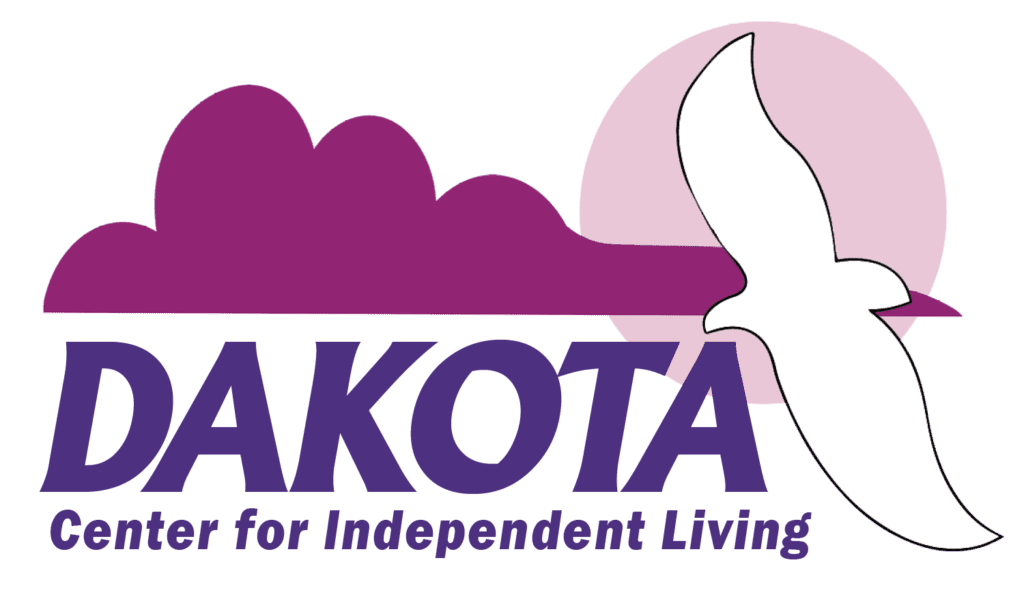Autism Spectrum Disorder (ASD) refers to a group of conditions characterized by difficulty in social functioning and repetitive behaviors or stereotyped interests. The term “spectrum” connotes that, within this category, there is tremendous heterogeneity. In 2013, the American Psychiatric Association merged four distinct autism diagnoses into one umbrella diagnosis of autism spectrum disorder. They included autistic disorder, childhood disintegrative disorder, pervasive developmental disorder-not otherwise specified, and Asperger syndrome. Some individuals have an intellectual disability while others have average or above average intelligence. Each individual presents with a unique profile of strengths and needs.
The latest CDC data states 1 in 59 children are diagnosed with ASD, affecting 1% of the global population. According to Autism Speaks, autism’s hallmark signs usually appear by age 2 to 3 and can often be diagnosed as early as 18 months. Some associated development delays can appear even earlier.
The more we understand about the cause and expression of autism, the more we will be able to support children with autism and their families. While there is currently no cure for ASD, research shows that early intervention treatment services can improve a child’s development. This is why the Autism Center at the Hebrew University is dedicated to integrating and advancing research, training, clinical services, and community engagement, helping individuals with ASD and their families in Israel and around the world.
At Israel’s first university-based autism center, over 20 faculty experts in fields ranging from Genetics and Neurology to Occupational Therapy and Nutrition actively engage in research; provide customized therapies to help improve the quality-of-life for ASD individuals; and train the next generation of physicians, researchers, and allied health professionals in the quest to treat, screen, and, ultimately, prevent and cure ASD.
Written by the Hebrew University of Jerusalem

